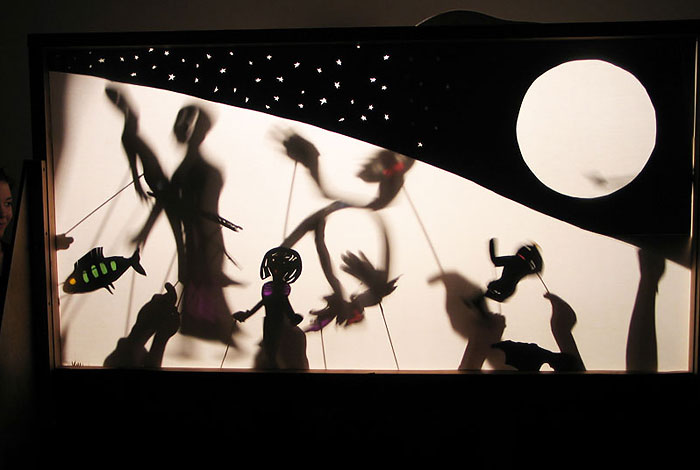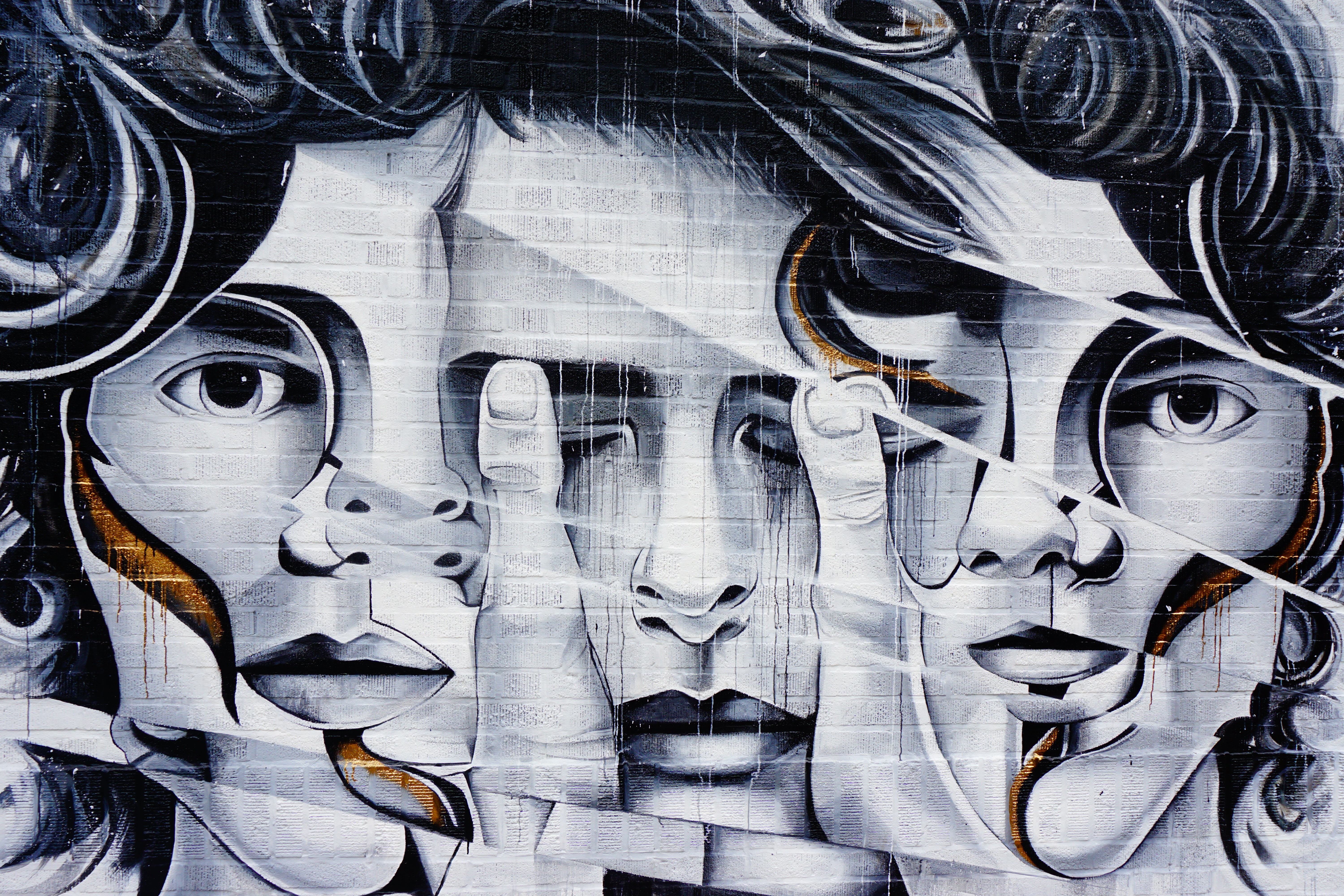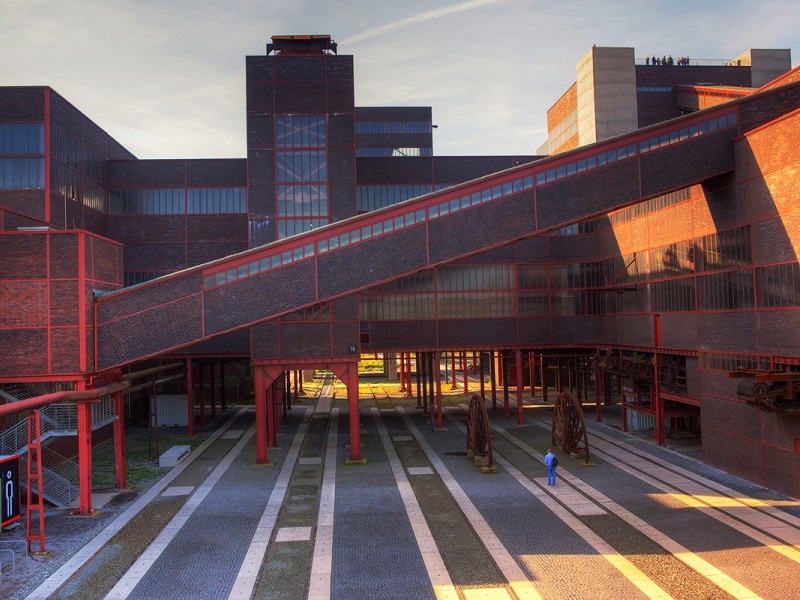
HOW CULTURE RETURNS PEOPLE TO CIVILIAN LIFE
Even the most severe crisis comes to an end sooner or later. Afterwards the society, tired and tormented by the conflict, faces another ordeal: the return to normal life. History has proven numerous times that the faster people are able to get back to a semblance of normal life after a conflict, the faster the tension and contradictions between them cease.
Cultural projects play a tremendous role in this process as well. They not only develop people's intellectual abilities, but also help to bring up a generation of those who will see their future not in extermination of other human beings, but in totally different values. For this purpose, children in Afghanistan are shown puppet performances about tolerance, mutual respect, and acceptance. Who knows? Perhaps this exactly will help prevent them from choosing the fate of a gunman.
In Haiti and Kosovo, the governments ensured resumption of school operations right after an active conflict phase ended. This gave people a feeling of normalcy and helped them to gain self-confidence as well as trust in others; they gained the ability to face their future with optimism.
In Afghanistan, France has established a cultural centre tasked primary with cinema development, training of young directors, and participation in a number of cultural projects. The centre is named after Severine Blanche, a director and cameraman who died in 2010 due to a bomb explosion. Thanks to the cultural activities at the Blanche Centre, people can express themselves, overcome their inclinations toward vengeance or thoughts of eternal sacrifice, and develop a less negative view of the world.
Another non-profit organization, Clowns Without Borders, helps children who were trapped in emergencies all over the world. “Only smiles and cheerful laughter can help these children feel the fullness of life again”, participants believe. This organization includes volunteering clowns, musicians, acrobats, dancers, puppet theatre actors, and many other good people. They endeavour to relieve children’s suffering by performing in refugee camps, prisons, slams, orphanages, and natural disaster areas. “We understand the pain and despair of these people, and we really want to help them. Seeing their faces lit up with a smile for a short while is the best, truly priceless reward for us”, one of the volunteering circus performers says. Over the years of their work, Clowns Without Borders have carried out laughter therapy in Kosovo, Albania, Bosnia, Lebanon, Palestine, Jordan, and many other countries.




